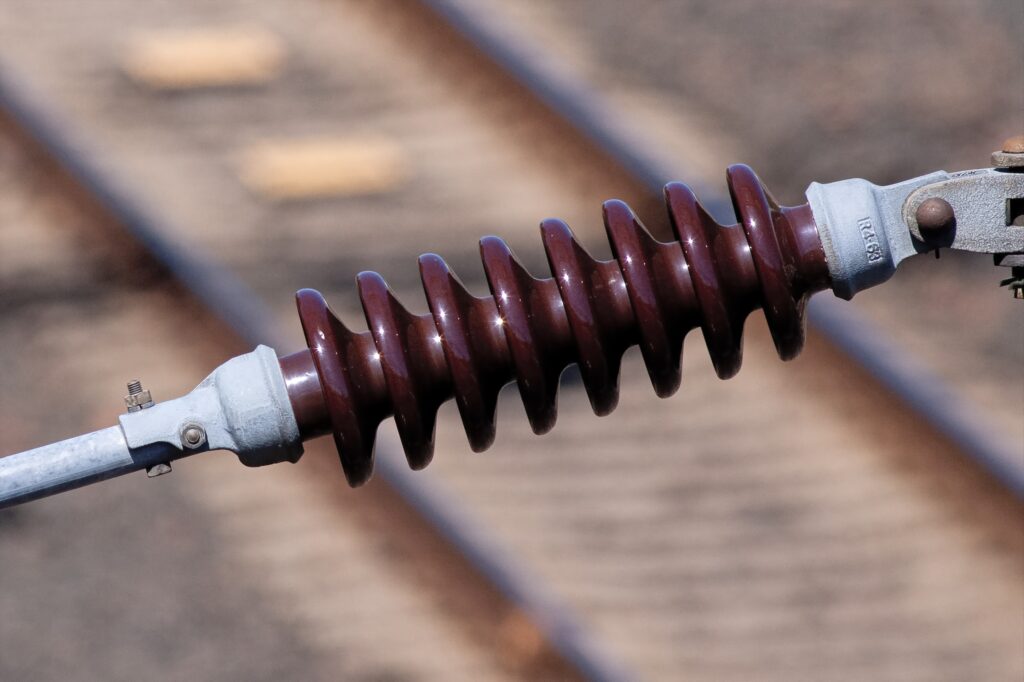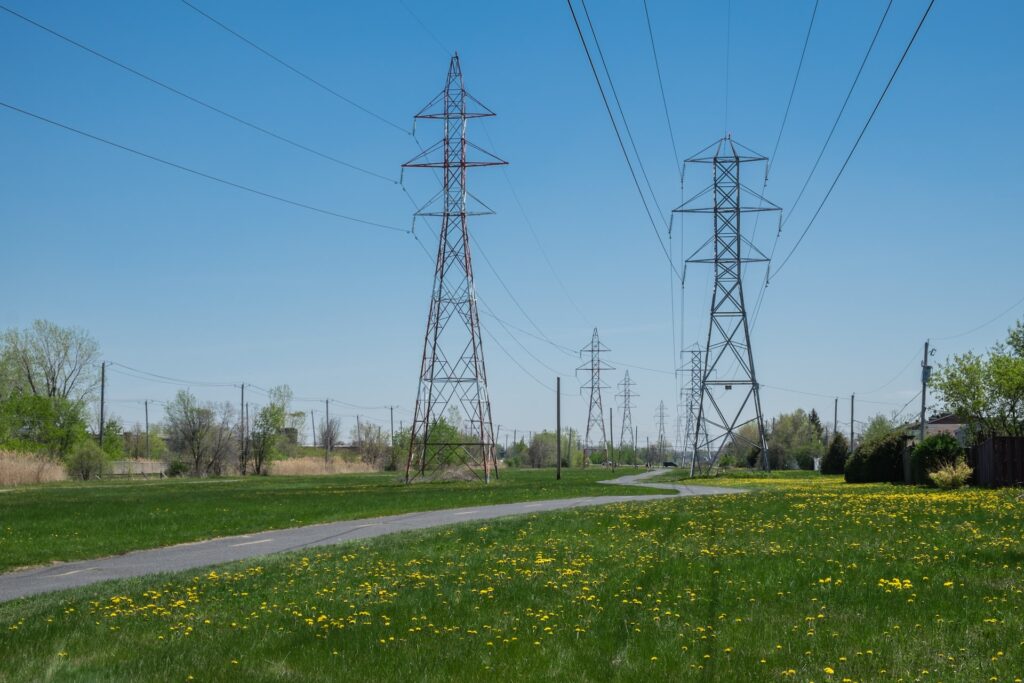- Basic information of power line insulator
- How to choose a better supplier for power line insulator
In order to guarantee the normal operation of daily use of electricity, it is necessary to use power line insulator. Power line insulator also known as electrical insulator. They are made by insulation materials to limit the free flow of electricity. Normally there are three different kinds of materials: glass, porcelain, polymer. TTF ELECTRIC POWER TECHNOLOGY CO.,LTD is an advanced Chinese manufacturer of power line fittings, power line hardware as well as all kinds of overhead line materials for power transmission and distribution.
This will be a complete guidance of how to choose electrical insulators, and how to choose a good partner to fulfill your power and utility needs.
Table of Contents
- What is the definition of power line insulator?
- How many different forms of power line insulator?
- Three different materials of insulators in TTF Power
- Factors to consider when checking the materials for insulators
- What kind of features you have to consider of purchasing power line insulators?
- Why you should choose TTF Power Systems as your supplier of pole line hardware?
- Frequently Asked Questions (FAQ)

What is the definition of power line insulator?
Electrical insulators are applicable in our daily lives especially in our homes to protect the electrical appliances from damage and prevent electrocution.
How many different forms of power line insulator?
Solid insulators — glass or ceramics and dielectrics are made from materials with solid constructions. The materials are present in the form of thin layers on which the conducting layer sits. This creates an obstacle that allows the current to flow in a solitary direction only. The different types of solid insulator materials include: glass or ceramics, plastics and copper.
Liquid insulators — these are the insulators that are known for their ability to hold the electrical charge indefinitely. They are mainly used for making capacitors whose basic working code lies in the temporary storing of electricity so as to make the flow smooth. The common types of liquid insulators include: mercury liquid metal, silicone and natural esters.
Three different materials of insulators in TTF Power
Porcelain insulators
This is the most preferred material for insulators used in the overhead transmission lines. It is made from a combination of materials like clay, aluminum silicate, quartz and feldspar. It is then concealed with a smooth glaze that provides protection from dust, moisture and other impurities. It does not have any level of porosity which helps it to preserve its dielectric strength.
It does not have any cracks or bubbles and this helps it to keep its insulation resistance high. It is flexible enough to be hooked on any shape or design which makes it the popular type of insulator material. It has the ability to survive under any conditions which increases its versatility. This means that the insulator cannot be affected even on the drastic high temperatures.
Glass insulators
This type of material has high resistance to electricity and has low factor for thermal expansion. It has higher dielectric strength compared to the porcelain due to its hardening process which is used for manufacturing them. It is also important as the insulating properties of glass cannot be affected by the external temperatures. This is because the tensile strength of the glass material prevents it from heating up in case of high temperatures.
Another advantage of the glass material is that glass has longer service life than porcelain. Glass insulators are cheaper than the porcelain and the polymer insulators.
Polymer insulators
This insulator is also known as composite insulator which is used in the overhead lines. It consists of an epoxy resin, fiberglass and a rod-shape core which is properly enclosed with sheds of the polymer. The rod is connected with galvanized steel on both ends to help it resist the electrical heat as well as the environmental heat. They are also lightweight and can be transported without breaking or getting damaged. They also have high tensile strength which makes them the best insulators for areas with high level of environmental pollution.
The main disadvantage of the polymer insulators is that they tend to experience current leakage which happens when moisture finds its way into the insulator.
Factors to consider when checking the materials for insulators
- High electrical resistance to avoid current leakage.
- The material should be free of contamination.
- Should have high mechanical strength to support the load.
- The insulating material should be non-porous.
What kind of features you have to consider of purchasing power line insulators?
- High voltage resistance — this means that the insulators should be able to resist high voltages in order to prevent damage to the conductors. This also makes them applicable to all the electrical power systems.
- Lightweight — the insulators should carry minimum weight despite being made from quality material. This makes sure they are easy to handle and transport and also reduce overhead load.
- Custom design — some manufacturers take the designs from the customers and manufacture them according to their needs instead of the standard designs.
- High impact resistance — the insulators should be able to resist the physical impact which makes them ideal for all kinds of environments. They should also be resistant to shock and vibration.
- Strong and durable — the insulators should be built to be steady and last long which makes them attract less repair and maintenance.
Why you should choose TTF Power Systems as your supplier of pole line hardware?
We offer the most extensive range of insulators for low, medium and high voltage power systems. Our flexible OEM services provide solutions for local markets worldwide. In 2019, TTF partnered with Kenya Power on the agricultural gird project. Our heat-and- corrosion-resistant insulators prevailed in tropical climate, receiving candid commendations from the customer.
TTF has been a power line hardware supplier for more than 20 years. Our partners are located in five continents, among ten countries and regions. We have become strategic partners with Hubbell, MacLean, Eletromecan, BAPP, NOJA, Anixter, Cullin, ANEWA and other suppliers. In the fields of power transmission and distribution, communication, mining, construction and others, we have gained trust and acknowledgment from many long-term partners. TTF, your power systems expert.
TTF provides an extensive range of products, excellent value and knowledgeable service. We are a one-stop-shop for standard and custom-designed power line hardware. Let us help you get the right materials quickly, cheaply, and reliably. TTF, your power system expert.
Frequently Asked Questions (FAQ)
What is an insulator?
An insulators is a material that does not allow electric current to pass through them.
What are the materials used to make electrical insulators?
Electrical insulators are mainly made from porcelain, glass or polymers.

